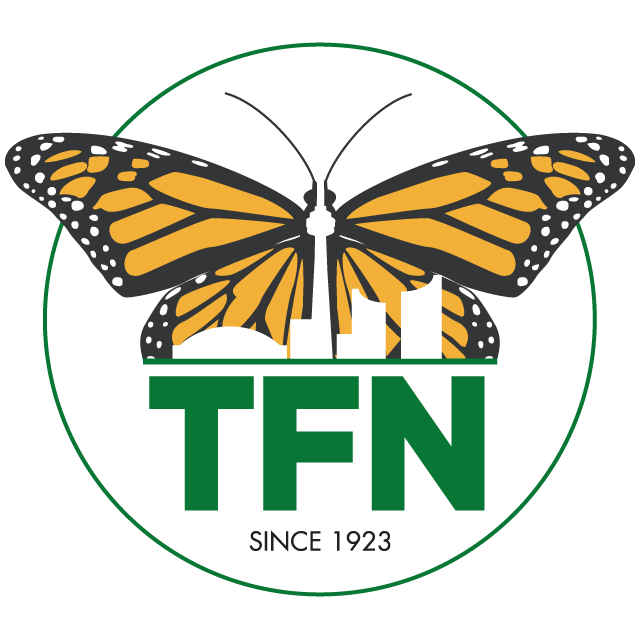Discarded fishing gear is hazardous to various animal groups. Birds, turtles, otters and curious pets can be injured, trapped or drowned when tangled in fishing gear. Birds, like the Great Blue Heron, can swallow hooks and lead sinkers, causing severe injuries and lead poisoning. They can also become tangled in fishing lines leading to starvation, bodily harm and restricted movement. Curious pets, like the dog who swallowed a fishing hook found on Durham Trail, are just as susceptible to these severe encounters. So clean-up and appropriate disposal of fishing gear is vital to protect our wildlife and communities.
Recycling fishing lines is not a new practice. In fact, receptacles for fishing lines are available at fishing spots in conservation areas. Clear Your Gear has been actively working to host education campaigns, clean ups and install receptacles in popular fishing spots to prevent wildlife from coming into contact with fishing gear since 2014. Toronto Urban Fishing Ambassador (TUFA) has, similarly, installed 50 receptacles in Toronto Waterfront Parks and a few inland ponds to make it easier for fishers to dispose of their lines and for this material to be appropriately recycled to make new things.
Don’t see a receptacle near you? Don’t throw it in the garbage! Why? Because fishing lines are made up of a non-biodegradable synthetic fiber which can last up to six-hundred years in the environment. Tossing your fishing lines in the garbage, in other words, does not solve the problem, it adds to an existing one! These lines will end up in landfills where they will have more opportunities to endanger wildlife; hence it is important to recycle the material appropriately to ensure it can be properly reused.
About 10% of the annual 640,000 tonnes of plastic pollution found in marine environments comes from fishing gear. Negligent disposal of fishing gear will pollute the environment and put wildlife at risk. Do your part and help keep the community clean and safe for everyone by recycling your fishing lines in the correct way.
Learn more about how to fish responsibly in local areas such as High Park here!
Natasha G., TFN Advocacy Team

